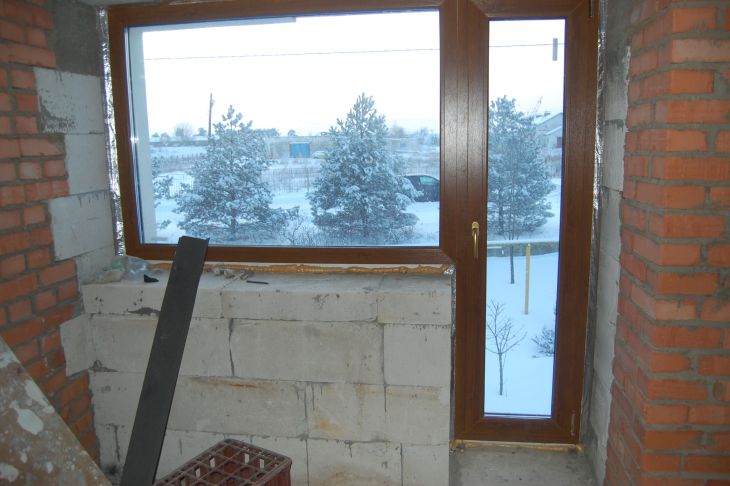Condensation on windows is a phenomenon that causes many inconveniences and problems. It not only spoils the appearance of windows, but also promotes the development of mold, fungus and bacteria.
Condensation is formed due to the difference in temperature inside and outside the room, as well as due to increased air humidity. How can this problem be prevented or eliminated?
Preventing condensation on windows
It is better to prevent condensation on windows than to fight it. To do this, you need to follow several rules.
• Install high-quality windows with double or triple glazing, which provide good thermal insulation and do not let in cold air.
• Ventilate the room regularly, especially when preparing food, bathing, drying clothes and other activities that increase air humidity.

• Install ventilation grilles or open vents to ensure constant air exchange.
• Maintain optimal temperature and humidity in the room. The temperature should not be lower than 18-20 degrees, and the humidity should not be higher than 50-60%.
• Use humidifiers or dehumidifiers depending on the season and climate.
Eliminating condensation on windows
If condensation has already appeared on the windows, it should be eliminated as soon as possible to prevent mold and mildew from appearing. The following method can be used for this.
• Take a soft cloth or paper towel and carefully remove the condensation from the windows without smearing it on the glass.
• Take a glass cleaning spray or mix water with vinegar or lemon juice in equal proportions.
• Spray the windows with the resulting solution and wipe them with a dry cloth or paper.
• Repeat the procedure if necessary.
This method will not only clean the windows from condensation, but also disinfect them, killing germs and bacteria.
Earlier we talked about which soap washes better - liquid or solid.








